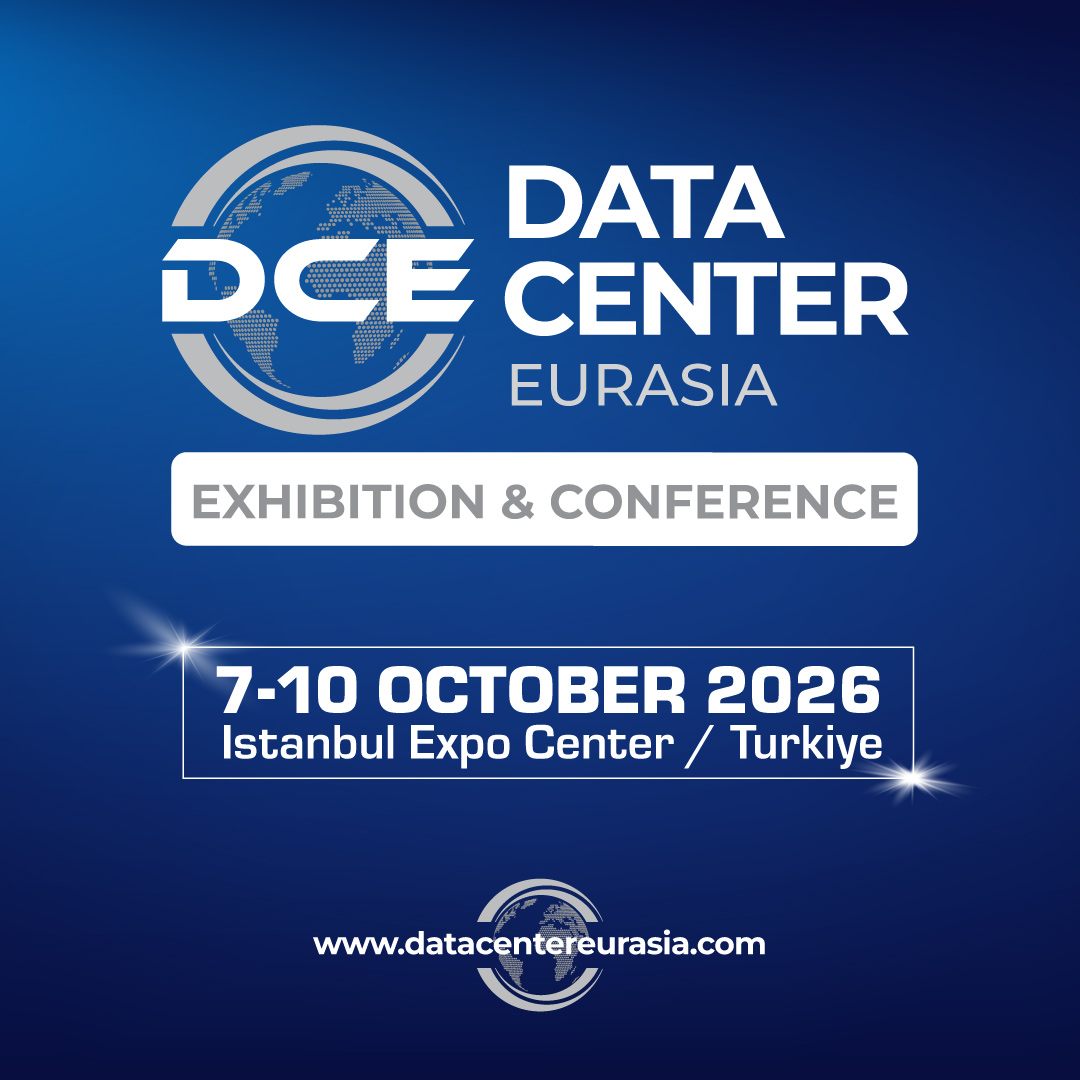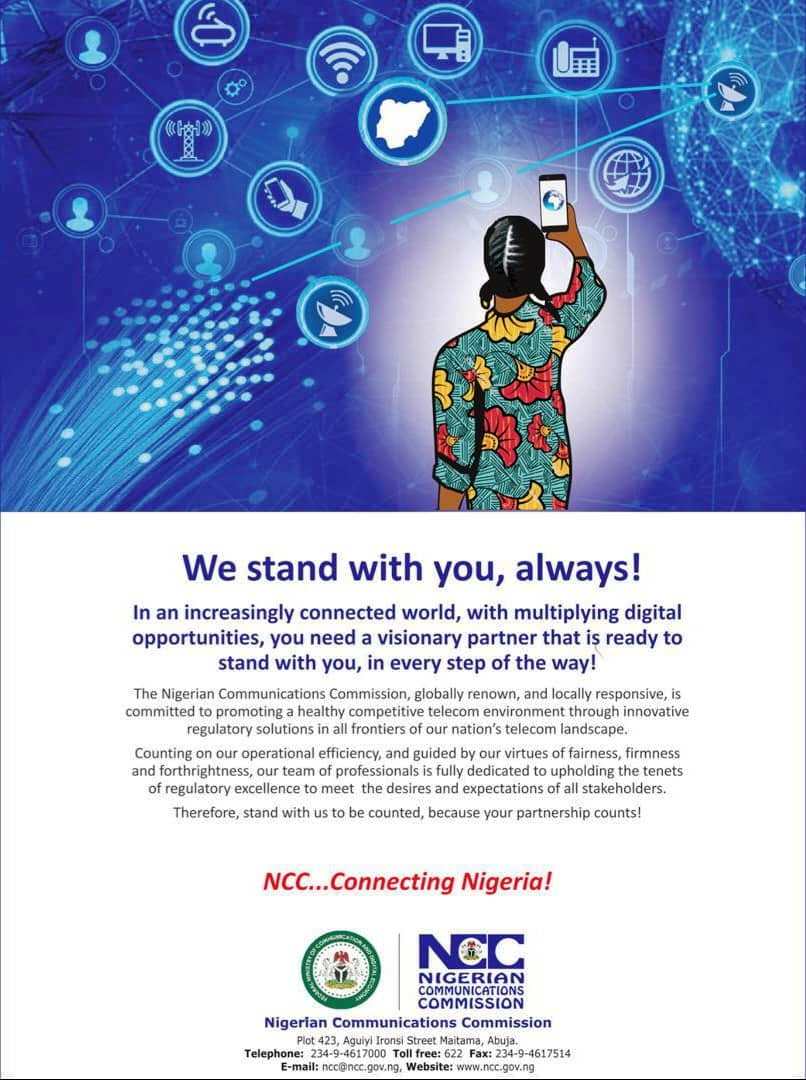By Emmanuel Otori
Many organizations are seeking ways to offer their products and services to customers in an efficient way in order to save time, ease the processing of the orders and provide the highest quality of delivery as at the expected time.
RELATED 6 Signs That The Future Of Work Is Here Today
One major opportunity that most start-ups are not taking advantage of is the availability of data in the public domain as well as the internal data they are gathering to make business intelligent decisions.
Organizations are drowning in an overwhelming amount of data and know little or nothing about gaining insights from the data and turning them into actionable goals and objectives.
The purpose of data is to act with precision and less assumption which makes it possible for a business to thrive by reducing the probability of making errors to the barest minimum.
How To Gain Actionable Insights From Data
- Data gathering
Gathering of data is the most rigorous step as without data, the ability to make decision is hampered. Assumptions would thrive and there would be much gap in the margin of errors. Before collecting data, the scope of the project in terms of questions to be asked in the survey, the duration of the project and field enumerators to be used as well as medium for gathering the data should be known. These tools are for gathering data Surveymonkey, Google forms, Microsoft forms, Hubspot and Google analytics.
- Data Cleansing
Data cleansing or wrangling is the art of removing unwanted items not needed in working with the data collected such as symbols, extra spacing, grammatical error etc.
- Data Analysis
To analyze any form of data that has been collected, these tools are the most comprehensive tools in the marketplace, they include Microsoft Excel, SPSS, STATA, Python, R programming, MATLAB, E-views.
- Data Visualization
Data visualization is the art of representing data in the form of charts in order for comprehension by stakeholders. Examples of tools for data visualization are Power BI, Tableau etc
- Business Intelligence
The action taken having seen the feedback hidden in the data collected is called business intelligence (BI). This is the most important aspect in order to act with precision.
What is Predictive Analytics?
Predictive Analytics is a form of using records from past data collected over a period of time to determine what the future holds in the form of forecasts. Predictive Analytics is a branch of data analysis that helps to make decisions in the business world.
Tools for Predictive Analytics
There are free and paid tools for predictive analytics and they are numerous in the form of software applications. They can be utilized by anyone who has competence in gathering data from customers through surveys or from a database and knowledge of which tool is applicable to best analyze certain data.
- Non-coding tools
- Microsoft Excel
- SPSS
- STATA
- Coding tools
- Python
- R Programming
Application of Predictive Analytics
- Stock Control
- Staff Utility
- Price fixing
- Managing of Peak Times
- Determining call rates
The future of business will be driven by African start-ups that can use the data gathered to study behavioural tendencies of customers and how to serve their needs with a greater level of efficiency.
Emmanuel Otori has over 9 years of experience working with 100 start-ups and SMEs across Nigeria. He has worked on the Growth and Employment (GEM) Project of the World Bank, Consulted for businesses at the Abuja Enterprise Agency, Novustack, Splitspot and NITDA. He is the Chief Executive Officer at Abuja Data School.

































